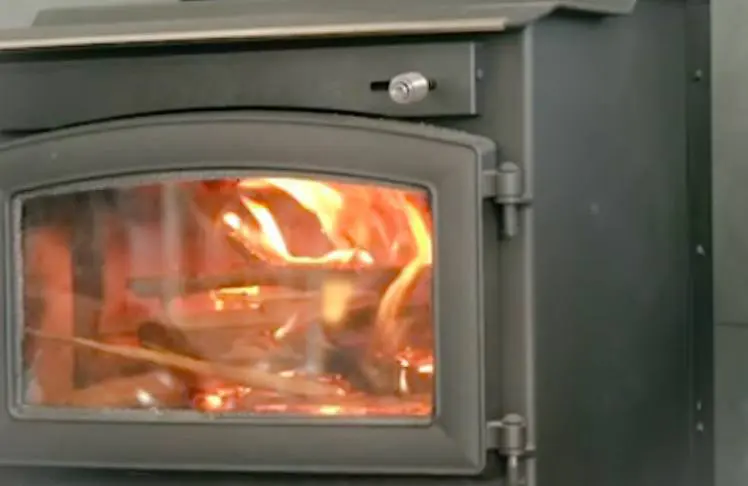
As concerns about air quality and climate change mount, the Environmental Protection Agency (EPA) has implemented stringent regulations to mitigate, among other things, the impact of wood-burning stoves on the environment. Oregon attorney general’s office has joined a lawsuit against the EPA over wood-burning stove standards.
The EPA, with a mandate to protect human health and the environment, has set strict standards for wood-burning stoves. These regulations aim to reduce harmful emissions, including particulate matter and greenhouse gases, which contribute to air pollution and climate change. While these measures are crucial for the overall well-being of communities, they also pose challenges for individuals and families who rely on wood-burning stoves as a primary source of heating.
Oregon’s Ellen Rosenblum, along with ten other attorneys general, have sued the U.S. Environmental Protection Agency, saying the federal agency has failed to update its standards for residential wood-burning stove emissions. They say this is leading to continued pollution and health risks.
The challenge of balancing tradition and environmental responsibility has spurred innovation within the wood-burning stove industry. Manufacturers have responded to EPA regulations by developing advanced combustion technologies and cleaner-burning designs. These innovations not only meet regulatory standards but also enhance the efficiency of wood-burning stoves, reducing emissions and minimizing their environmental footprint.
The complaint alleges that the federal agency’s current standards aren’t good enough and that the agency’s wood-stove testing and certification program fails to ensure that new wood-burning stoves comply with the emission limits. The lawsuit seeks to have the federal agency institute and enforce new standards for residential wood heaters to decrease emissions.















